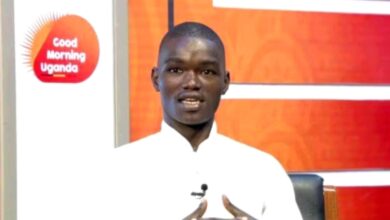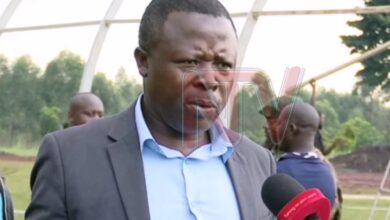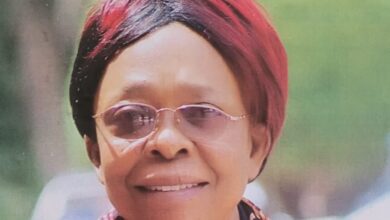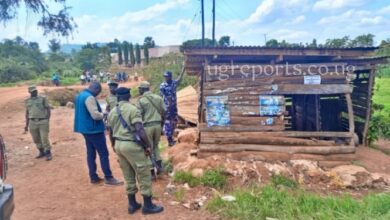Religious leaders should raise awareness on negative impacts of EACOP
Religious leaders can advocate for fair compensation and improved resettlement practices to ensure PAPs' rights are upheld.
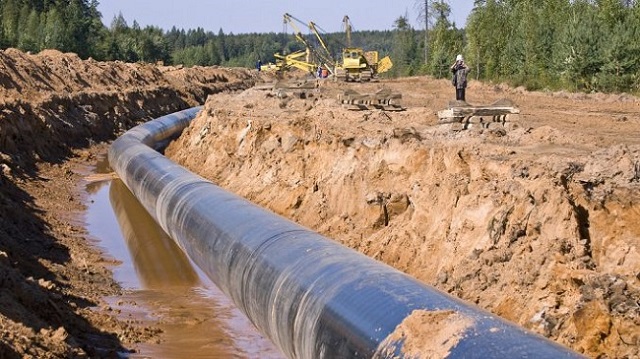
Op-Ed: The East African Crude Oil Pipeline (EACOP) is a major infrastructure initiative aimed at transporting crude oil from Uganda’s oil fields in the Albertine Graben region to the port of Tanga on Tanzania’s Indian Ocean coast.
This 1,443-kilometer pipeline, the longest heated pipeline in the world, represents a significant collaboration between Uganda and Tanzania, with additional investments from major energy companies like TotalEnergies and the China National Offshore Oil Corporation (CNOOC).
While the project promises economic benefits such as new revenue streams, local industry stimulation, and increased investment for Uganda and Tanzania, its environmental and social impacts raise concerns.
The pipeline cuts through ten Ugandan districts: Hoima, Kakumiro, Kyankwanzi, Mubende, Gomba, Lwengo, Sembabule, Kyotera, Kikuube, and Rakai. It affects diverse ecosystems, including forests and wetlands, impacting Murchison Falls National Park and the Lake Victoria Basin, along with over 158 wetland sections.
The pipeline’s construction threatens critical ecosystems and disrupts the livelihoods of local communities and indigenous peoples along its route. Extensive land acquisition has displaced thousands, with many losing ancestral lands. Compensation often falls short, leaving 96.6% of Project-Affected Persons (PAPs) unable to purchase equivalent land due to soaring prices.
Agricultural productivity has declined because replacement lands are less fertile, leading to a 14.8% drop in households harvesting over 51 kg per season, pushing families into financial instability.
Access to essential services like education and healthcare has deteriorated, with 37% of school-aged children in affected households dropping out. Girls are particularly affected, often missing out on education. Additionally, only 21% of affected families have adequate healthcare access, and merely 15% can access clean water.
Religious leaders, due to their profound influence and moral authority within communities, have a unique position that allows them to highlight ethical considerations of environmental stewardship and human rights, aligning with core religious teachings.
By engaging their communities, religious leaders can effectively communicate the detrimental effects of the EACOP, including environmental degradation and social displacement, fostering informed and empowered grassroots action. They can highlight the struggles of displaced individuals, mobilize support, and foster community action.
Furthermore, religious leaders can organize support networks to assist affected individuals with legal aid, financial help, and mental health services. Practical support from congregations provides immediate relief, helping displaced families navigate their new circumstances.
Engagement with authorities and project leaders is vital. Religious leaders can advocate for fair compensation and improved resettlement practices to ensure PAPs’ rights are upheld.
Their involvement promotes a balanced development approach that considers both economic growth and the well-being of communities. They can champion sustainable development principles, harmonizing economic, social, and environmental goals.
In summary, religious leaders can effectively advocate for community rights and welfare by raising awareness about the EACOP project’s impacts. They leverage their influence to address socio-economic inequalities, strengthen social cohesion, enhance access to essential services, and promote sustainable development.
Their efforts ensure that development projects contribute positively without compromising the well-being of vulnerable community members.
The author is Wamani Joshua, a concerned citizen.
Disclaimer: As UG Reports Media LTD, we welcome any opinion from anyone if it’s constructive for the development of Uganda. All the expressions and opinions in this write-up are not those of UG Reports Media Ltd. but of the author of the article.
Would you like to share your opinion with us? Please send it to this email: theugreports@gmail.com.



